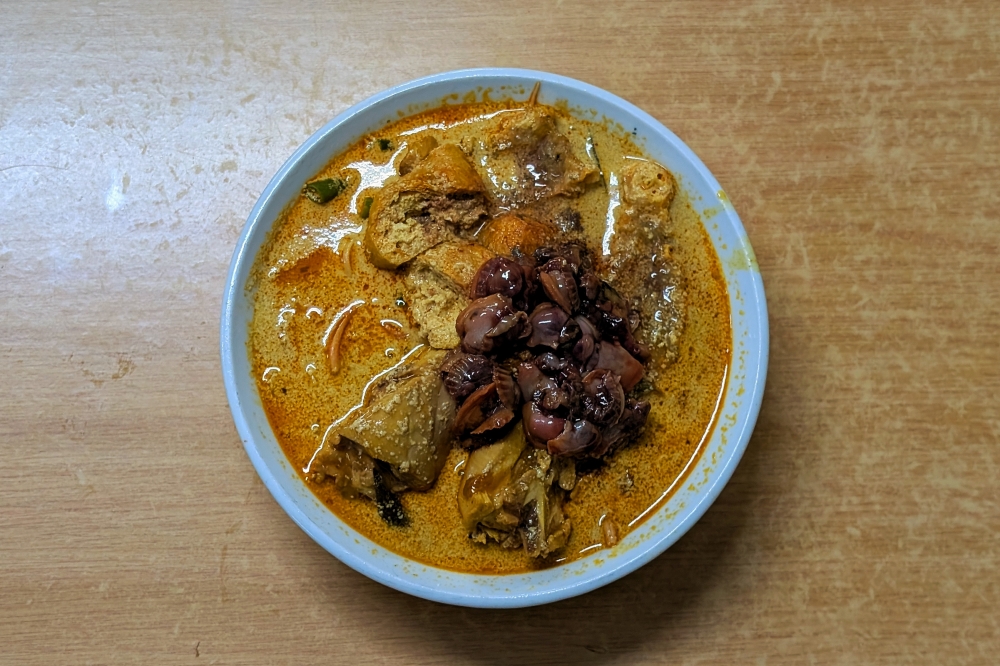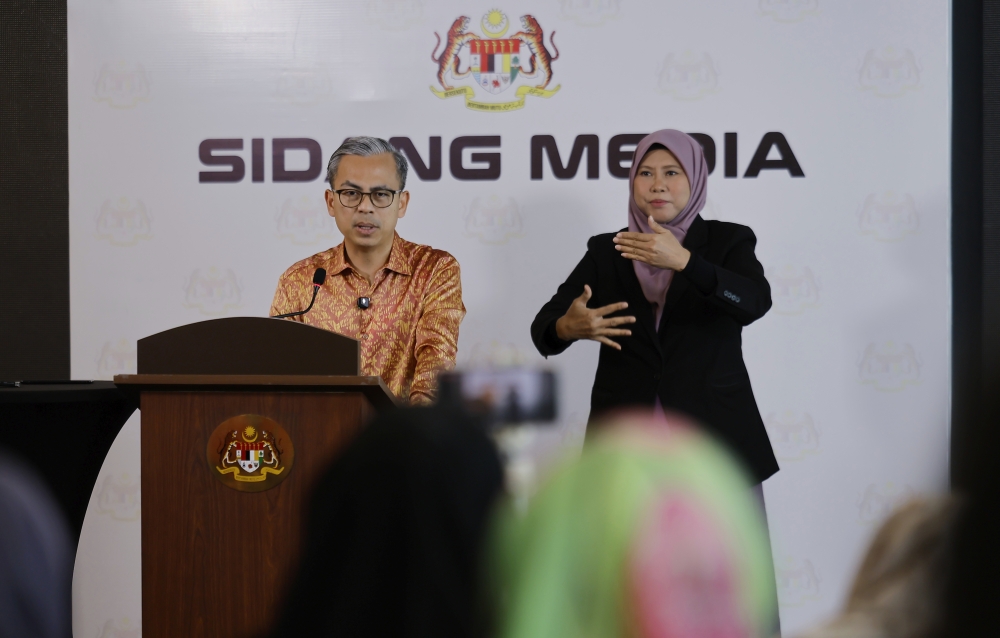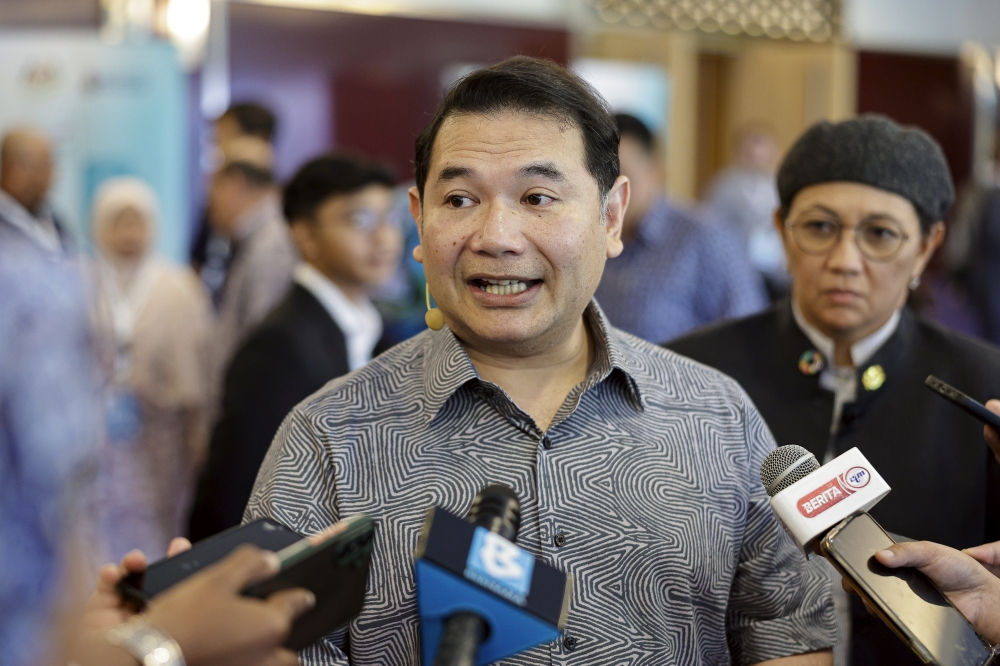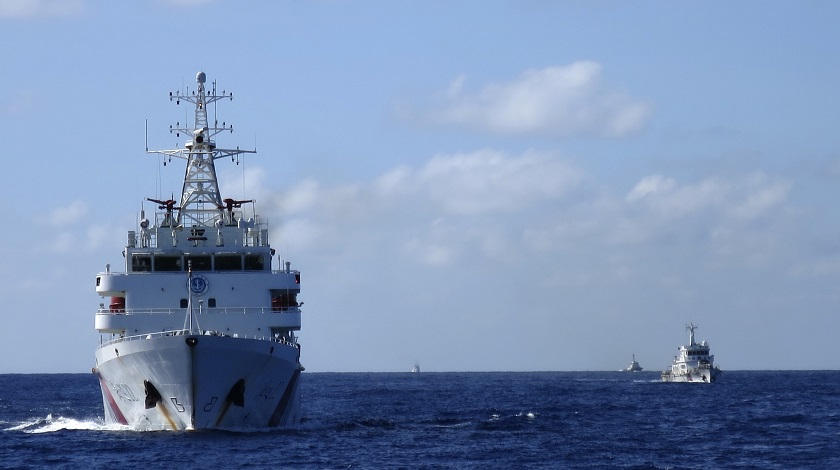KUALA LUMPUR, June 9 — Beijing is intensifying its appeal to nationalism in an attempt to rally its citizens against perceived external threats and shift local anger about the Covid-19 pandemic beyond its borders, according to a Financial Times analysis.
The shift is set to have serious repercussions with nations that are in dispute with the global superpower, which is also under intense international scrutiny over its role in the world-stopping Covid-19 pandemic.
Among countries in its path is Malaysia, which is locked in a regional maritime dispute with China stemming from the so-called “nine-dash-line” demarcation that the latter has used to unilaterally claim significant swathes of the South China Sea far beyond its territory.
“Confrontational naval activity in the South China Sea has also increased, aimed at rival claimants such as Malaysia and Vietnam. Thousands of Chinese troops have skirmished with the Indians at their disputed border — albeit without known fatalities.
“Some hawks in Delhi claim China has seized some 40-60 square kilometres of Indian territory. Countries that dare to criticise China over Covid-19 are getting a dose of wolf-warrior diplomacy — Beijing even imposed tariffs on some Australian exports, after Canberra called for an international inquiry,” the London-based news outlet reported.
Such aggression was on top of Beijing’s controversial new security law it was foisting on Hong Kong in its bid to gain greater control of the special administrative region as well as increasing display of militaristic might aimed at Taiwan, which it considers a rogue province.
According to the FT, events from the previous 12 months have created unprecedented threats and challenges to the authority of China President Xi Jinping and his ruling communist party.
Aside from being accused of causing the Covid-19 pandemic that has sent the world plunging into a state of recession not seen since the Great Depression of the 1930s, China’s own economy was already being hammered by its prolonged trade war with the US.
“All of this seems to be creating a siege mentality in government. In response, Beijing has intensified its appeal to nationalism.
“The propaganda goal is to rally the people against external threats and deflect anger about Covid-19 outwards, to the world beyond China,” the FT said.
In a separate report yesterday, CNN reported maritime experts as saying that China was adopting increasingly forceful tactics in the South China Sea, which could lead to fresh conflicts with Malaysia and Indonesia, among others in the region.
Last month, a standoff between Malaysia and Chinese vessels within Malaysia’s exclusive economic zone (EEZ) abated only after the US deployed two warships in the vicinity to the area.
China’s claim on the EEZs of Malaysia, Brunei, Indonesia, the Philippines, Taiwan, and Vietnam within the South China Sea has led to repeated conflict between it and the latter countries.
Globally, Covid-19 has now infected over seven million people and killed more than 408,000.
Some nations, notably trading rival US, continue to question China’s transparency in sharing information about the coronavirus when its spread was still in its infancy.
Covid-19 was previously called the “Wuhan virus” due to information suggesting that it originated from the capital city of China’s Hubei province, but was later renamed to avoid negative associations with the area and the country.
Yesterday, Malaysia’s Covid-19 cases rose to 8,329.



















